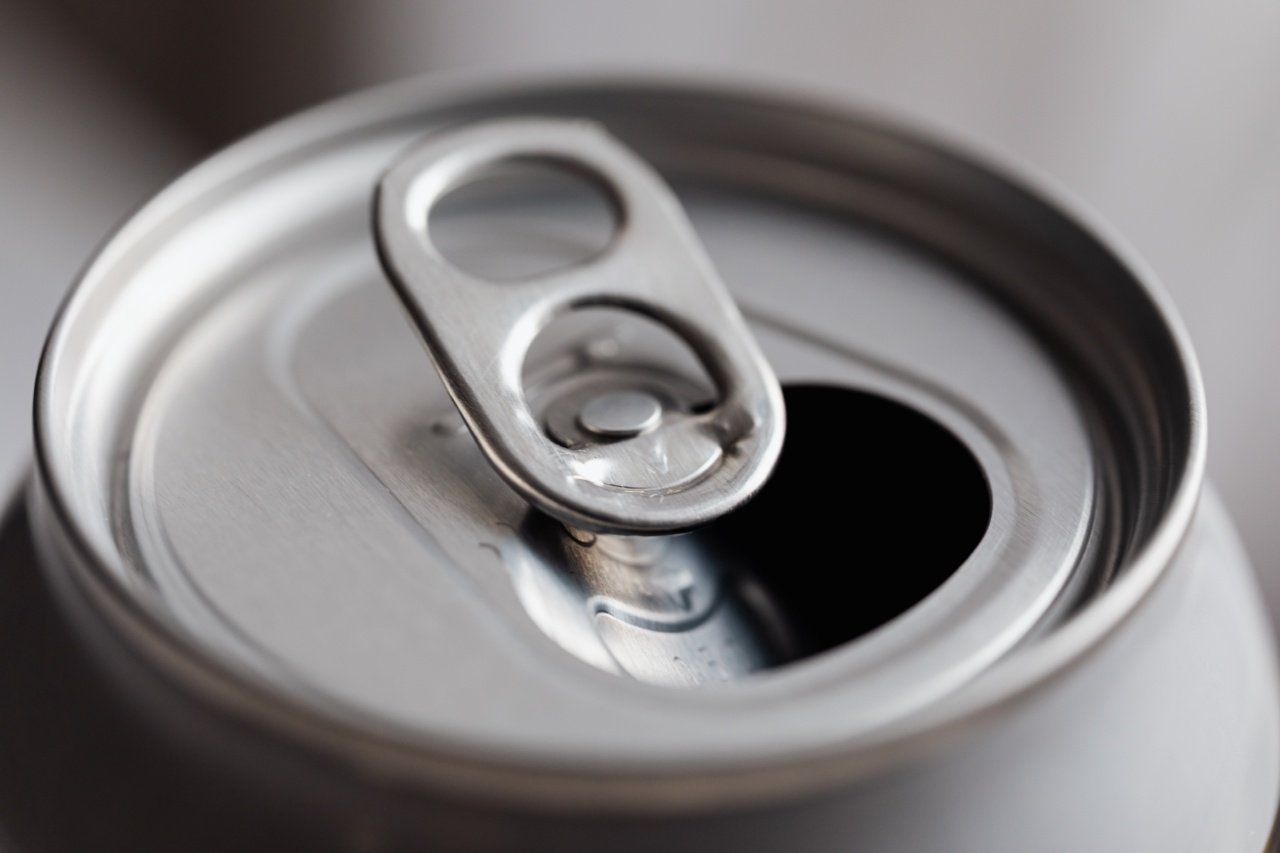Carbonated water, also known as sparkling water or fizzy water, has gained popularity as a refreshing beverage choice. It offers a bubbly and invigorating experience, often served with a slice of lemon or lime.
However, concerns have been raised about the potential negative effects of carbonated water on dental health. This article aims to address the question: Is carbonated water bad for your teeth?.
Understanding Carbonated Water
Carbonated water is created by dissolving carbon dioxide gas under pressure, resulting in the formation of tiny bubbles. These bubbles give carbonated water its distinctive fizziness.
It can be consumed plain or flavored, with zero or low-calorie options available.
The pH Factor
The pH scale measures the acidity or alkalinity of a substance. Neutral substances have a pH of 7, while lower values indicate increasing acidity. Carbonated water is slightly acidic, typically ranging from a pH of 3 to 4.
This acidity can potentially affect dental health, particularly if consumed in large quantities or over a prolonged period.
Potential Impact on Tooth Enamel
Enamel is the outer layer of your teeth, protecting the sensitive underlying dentin. It is the hardest substance in the human body, but it can still be susceptible to erosion caused by acids.
Carbonated water’s acidity may pose a risk to tooth enamel over time if consumed excessively.
Understanding Dental Erosion
Dental erosion refers to the gradual loss or wearing away of tooth enamel. It can occur due to various factors including acids from sources like carbonated drinks, citrus fruits, and certain foods.
Erosion weakens the teeth, making them more vulnerable to decay and sensitivity.
Tackling Concerns: Carbonated Water vs. Other Fizzy Drinks
When comparing carbonated water with other sugary and acidic fizzy drinks like soda or sports drinks, carbonated water is generally considered less harmful to teeth.
Soda contains high levels of sugar and acids, which serve as fuel for harmful bacteria in the mouth and can lead to tooth decay. In contrast, carbonated water typically does not have added sugars, making it a better option to protect against tooth decay.
Counteracting the Effects
While carbonated water may have a slightly acidic nature, there are ways to minimize its potential impact on dental health:.
- Limit your consumption: Moderation is key. Enjoy carbonated water in moderation, especially when it comes to flavored varieties that may contain added acids.
- Use a straw: Sipping carbonated water through a straw can help reduce its contact with your teeth, minimizing the risk of enamel erosion.
- Opt for still water: Alternate between carbonated water and still water. Drinking plain water between sips of carbonated water can help rinse any residual acids from your teeth.
- Maintain good oral hygiene: Brush your teeth at least twice a day with fluoride toothpaste and floss daily. Good oral hygiene practices can help mitigate the effects of acids on your teeth.
- Consider fluoride treatments: If you are concerned about enamel erosion, consult your dentist about fluoride treatments. Fluoride helps strengthen tooth enamel, making it more resistant to acid attacks.
Finding a Balance
It is essential to strike a balance between enjoying carbonated water and maintaining good dental health.
By following the tips mentioned above and adopting a well-rounded oral hygiene routine, you can continue to savor the refreshing fizz of carbonated water without significant concerns for your teeth.
Conclusion
While the slight acidity of carbonated water may have some impact on tooth enamel, it is generally considered less harmful than sugary and acidic beverages. Moderation and good oral hygiene practices can help minimize any potential damage.
If you have specific concerns or existing dental conditions, consulting your dentist is always advisable. Enjoy your carbonated water responsibly, and maintain a proactive approach towards your dental health.




























